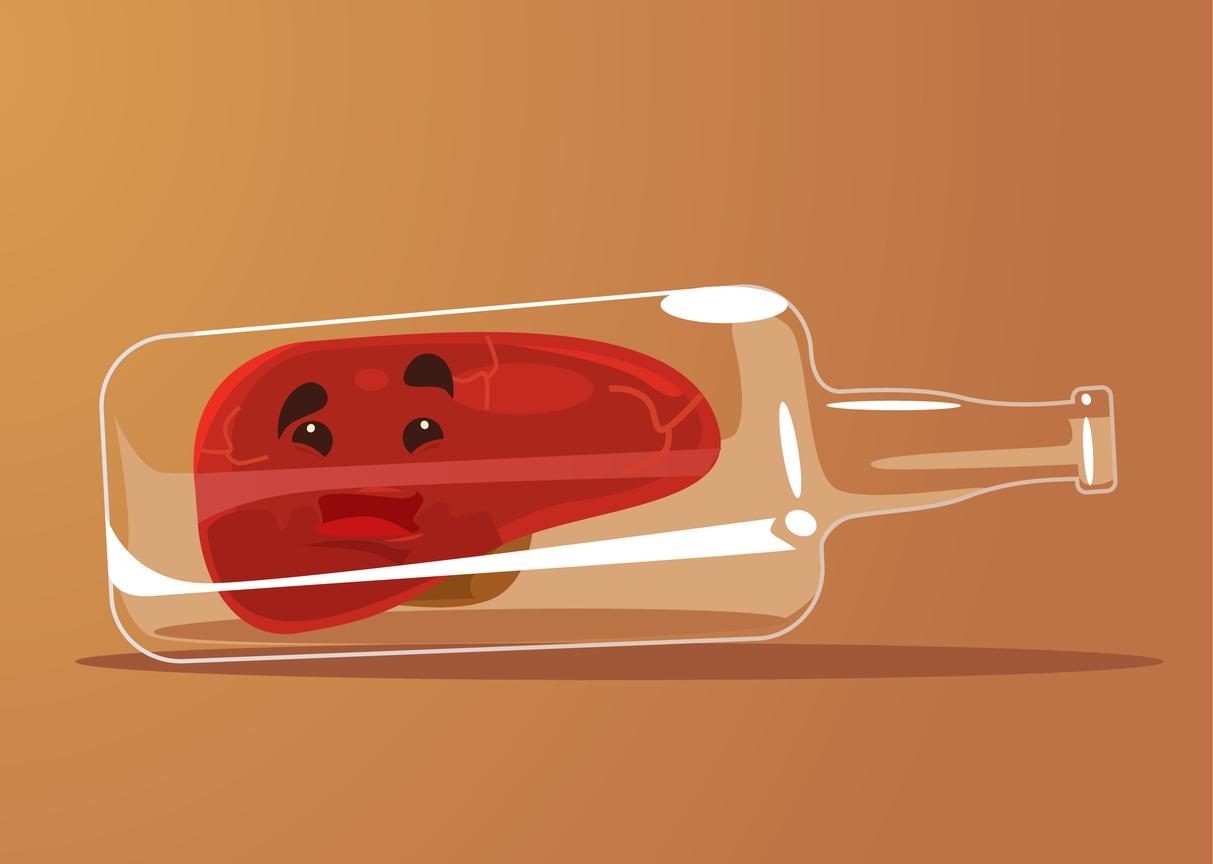The proportion of adults exceeding the lower-risk alcohol consumption benchmarks is falling in France.

- In France, the proportion of adults declaring alcohol consumption above the lower-risk consumption benchmarks has fallen significantly (from 23.7% to 22%).
- This decline is observed mainly among men, the youngest, the oldest and those with the highest incomes.
- Public Health France still wants to strengthen its prevention policies.
According to a new survey by Public Health Francethe proportion of adults exceeding the lower-risk alcohol consumption benchmarks is decreasing in our country, thus confirming the usefulness of the prevention campaigns implemented for several years.
Better knowledge of lower-risk consumption benchmarks
In concrete terms, between 2020 and 2021, the proportion of adults declaring alcohol consumption above the lower-risk consumption benchmarks has significantly decreased (from 23.7% to 22%). This decline is observed mainly among men, the youngest, the oldest and those with the highest incomes.
Exceeding benchmarks appears to be significantly higher than the metropolitan average in Brittany, Pays de la Loire and Auvergne-Rhône-Alpes, while it is lower in Île-de-France, Bourgogne-Franche-Comté and set of DROMs. “Furthermore, knowledge of lower-risk consumption benchmarks also seems to be improving,” comments the health agency in a press release.
An encouraging drop in alcohol consumption
“This overall decline in the proportion of adults exceeding the benchmarks is encouraging and invites us to continue the efforts made to prevent alcohol consumption while remaining vigilant about social inequalities in health”, add the experts.
“As all alcohol consumption is harmful to health, it is necessary to limit access to it and reduce its attractiveness. One of the levers for this is to restore the Évin law as initially drafted, then to strengthen it, can we read in an attached press release.
Prevention involves several priority issues
According to the health authority, prevention involves several priority issues: information on the risk associated with alcohol consumption, the implementation of campaigns encouraging periods without consumption of the type “month without alcohol” and the reinforcement of protective factors before the age of first consumption.
“These factors are collective, with for example the regulation of the number and concentration of places where alcohol is sold, or the reduction of sales hours; but they are also individual (reinforcement of psychosocial skills, etc.) and family (parenting support, etc.)”, also point out the scientists. “Furthermore, first-line healthcare professionals should receive more training in screening strategies and the various effective intervention methods”, they conclude.


















